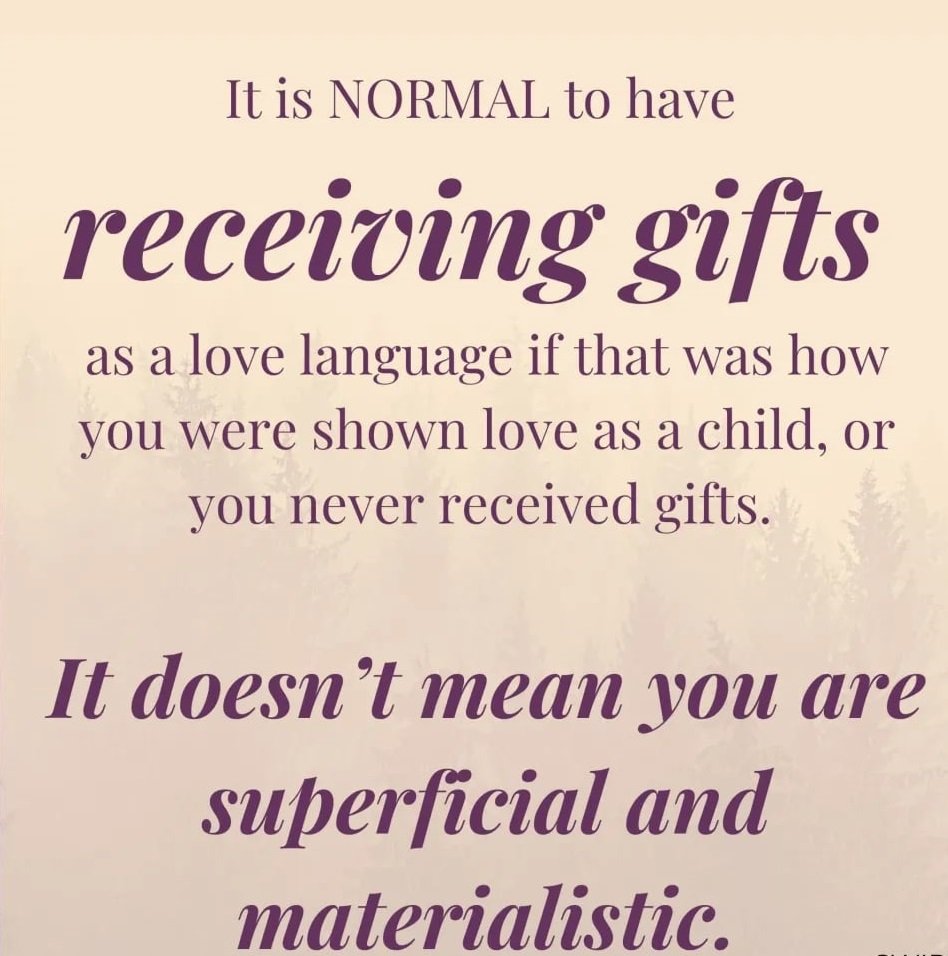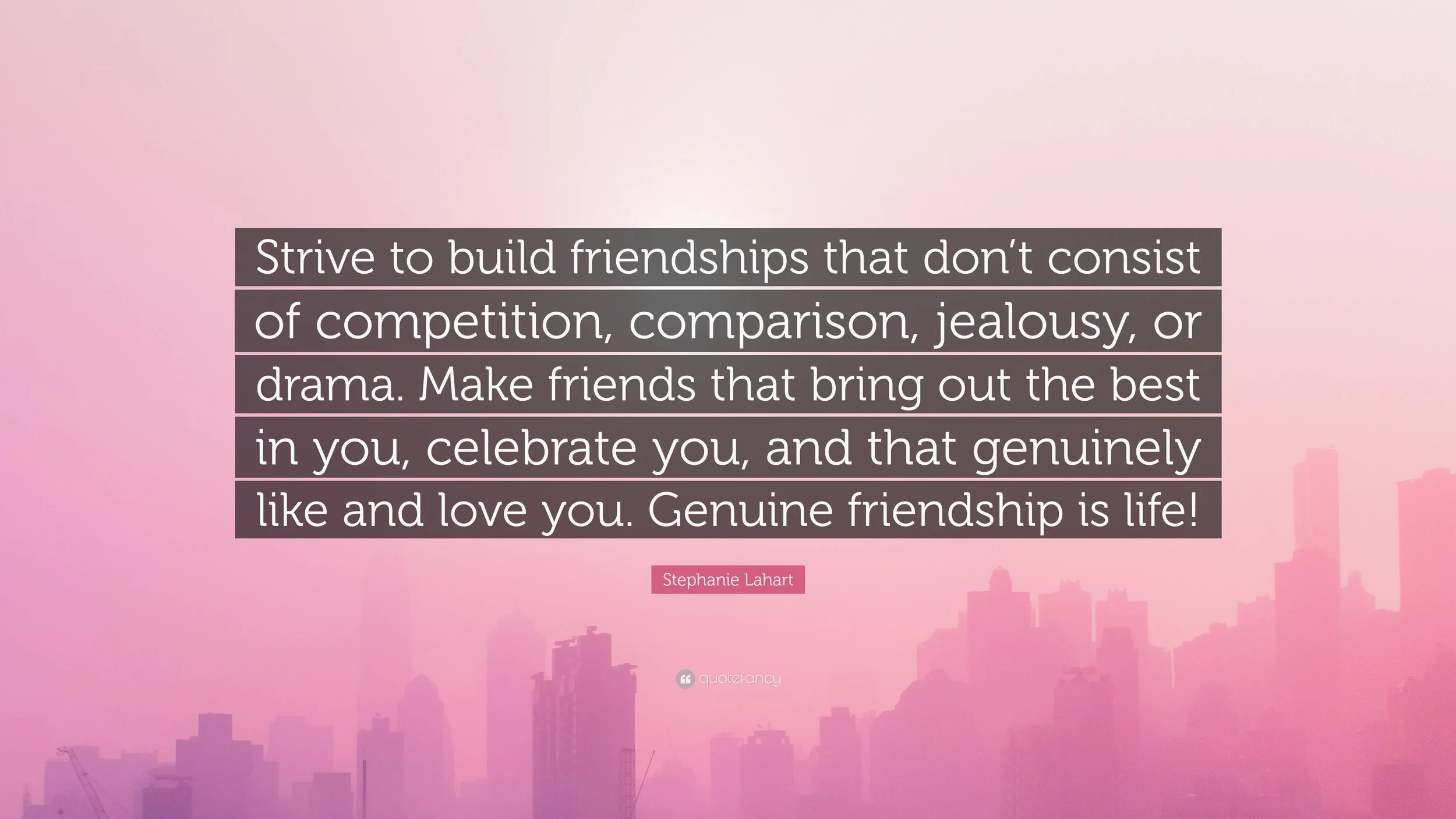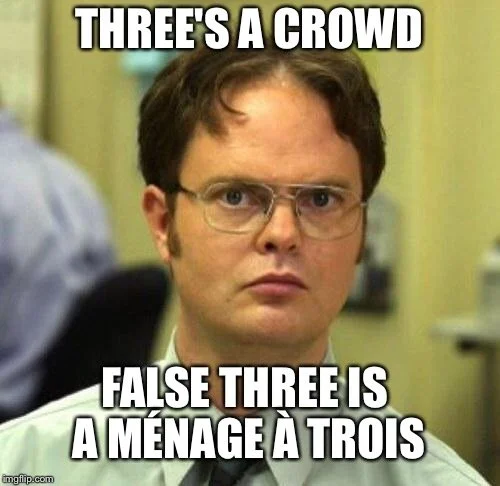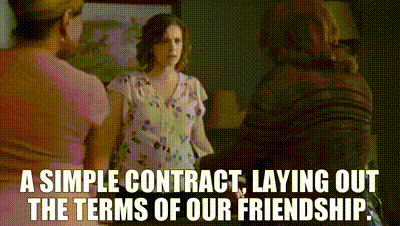The language we use, sends messages to others, every bit as much as the words themselves. I posted once before about a misunderstanding when a friend cancelled our catch up and I casually said “no worries.” I was trying to convey that I was not upset or offended, casually brushing off the cancellation so as not to seem too needy or demanding even if I was disappointed. Yet my friend at the time felt offended that I didn’t care. She had wanted me to say “I am disappointed, can we reschedule? I’d really like to see you.”
I have posted before about the importance of inclusive language to show you care. Using terms such as “we” instead of “you.” For example “we will figure this out together.” Rather than “You will figure this out, I believe in you.” One implies you are not in this alone, while the other creates that distance and feeling like this problem is yours alone. Just a fortnight ago, I posted about someone imposing an hour time limit on a catch up and how the words used sounded nothing like the message I received which was “I don’t really want to see you or spend (waste) time with you.” In this instance it wasn’t really my friends language that mattered, so much as the language I use to talk to myself when insecurities are triggered.
But the point of todays post is around the expectations we hold when we use certain language. If we refer to someone as a colleague, that seems to imply that we know this person through work, but don’t have any real personal connection or expectations of them outside of work. Yet if we use the term “work wife/husband” we are implying a closeness that exists between us at work, and with that, probably comes the expectation that if anything happens at work, they will have your back. If we call someone an acquaintance, then that is exactly how we see them. We would not expect an acquaintance to invite us to their housewarming party, even if they mention it to us before and after. However, if we use the term new friend, we may well feel hurt to find our name didn’t make the invite list and question their intentions or investment.
I have a friend who recently reconnected with an “ex” from her youth. The reason I have put the word ex in quotation marks is because the word ex is how they described this person at the time, when their youthful pairing seemed so big and real and important. My friend feels embarrassed now to really label them as such when really it was their first kiss and didn’t amount to much more than that in reality. Anyway, I digress. This person, upon reconnecting, has jumped right in and is sharing very personal details about their life and their current relationship drama.
For reference, my friend is happily partnered and is not looking to get back together or anything of the sort. And as their “Ex” is so caught up in current drama, it would seem at least that they are on the same page about this. Not that it would make much difference if they were interested really, because one of them has moved out of state anyway. So keeping in touch on the internet seems harmless enough? Which it is, as both parties new partners are aware of the connection.
However, my friend has felt this person has been inconsistent in their communication, preferring to message in meaningful ways only when they want to discuss their relationship issues, and not really for any life catch up conversations. At best this leaves my friend feeling like an unpaid counsellor and at worst it leaves her feeling confused, hurt, used and disappointed. That disappointment only grew when my friend had to travel interstate for work, and their “ex” couldn’t be bothered making even an hour to catch up let alone offering a ride to or from the airport. (Which wasn’t expected, work was covering transport and or expenses anyway. That isn’t the point. An offer would’ve been nice or some excitement to see each other face to face.)
Disappointment. The word only exists in terms of expectations. If we expect nothing, we will never be disappointed, right? Easier said than done though, because we don’t always realise we held any expectations until they are unmet.
On discussing this with my friend, we drew the conclusion that part of the problem was that my friend had stopped referring to this person as an “ex” for aforementioned reasons, and instead started using the word “friend.” Or even “old friend.” At no point did this strike us as problematic, I understood the drive to move away from the term “ex” which seemed outdated and silly with more mature perspective. What other word was there to use? This lack of language for platonic connections is a big problem. We have no language to describe feelings of love or words to use when a friendship ends. And, it seems we use the word friend as a bit of a catch all too!
This friend and I are close, so there is no chance if one of us moved out of state, and then flew in for work, that we wouldn’t attempt to catch up. There would have to be something major to get in the way of this happening. Because we are friends. We are actually close friends, but we seldom use that distinction. Maybe we should? Because when you use the same term to describe the “ex” and our relationship, your expectations become muddled up in that without realizing it.
The truth is, this person isn’t a friend. It is someone my friend used to know, and actually never really knew in a platonic context. So comparing their behaviour to what you might expect would happen with a close friend, is an unfair and unrealistic comparison. You can’t compare apples and oranges after all. The problem is that these 2 friendship fruits are like quince and pears – they appear the same on the outside and without the correct label to determine one from the other we wouldn’t be able to make the distinction. We would be unpleasantly surprised when biting into an uncooked quince expecting it to taste like a pear. So we gave them different names and expect the growers or supermarkets to help us determine the difference before we put them in our cart.
Although my friend and the “ex” knew each other in childhood, the truth is, that they no longer know each other now. The link to their past creates a false sense of intimacy, meaning one felt too open to share intimate details of their life too soon, overwhelming my friend. It also meant my friend expected too much from the “ex” on the visit. Despite having known each other, technically for 30 years, and having briefly reconnected here and there in the past, these are 2 people who are “chatting.” Similar to an online dating service for friends. The part where you are getting to know someone and finding what value they hold, and what title in your life they will assume… if any at all.
Language matters. Use it carefully, when you speak to others, know your audience. Understand how they think and try to be careful you are not implying something negative while saying something positive or understanding. When you are speaking to yourself, use kind and forgiving language, as though you are talking to your closest friend. And when you define relationships, define them based on what you would expect of them rather than expecting things on them based on an inaccurate definition.
My friend and her “ex” still keep in touch. My friend has just learned to invest less, have more boundaries around free counselling and engaging too much in personal matters and not use the term friend to describe someone who isn’t, just the same as they no longer want to use the word “ex” which doesn’t fit either. Although I would like to point out that maybe it fits better than the word friend. Lol
❤ Love,
Your Best Friend ForNever
xx



































































































